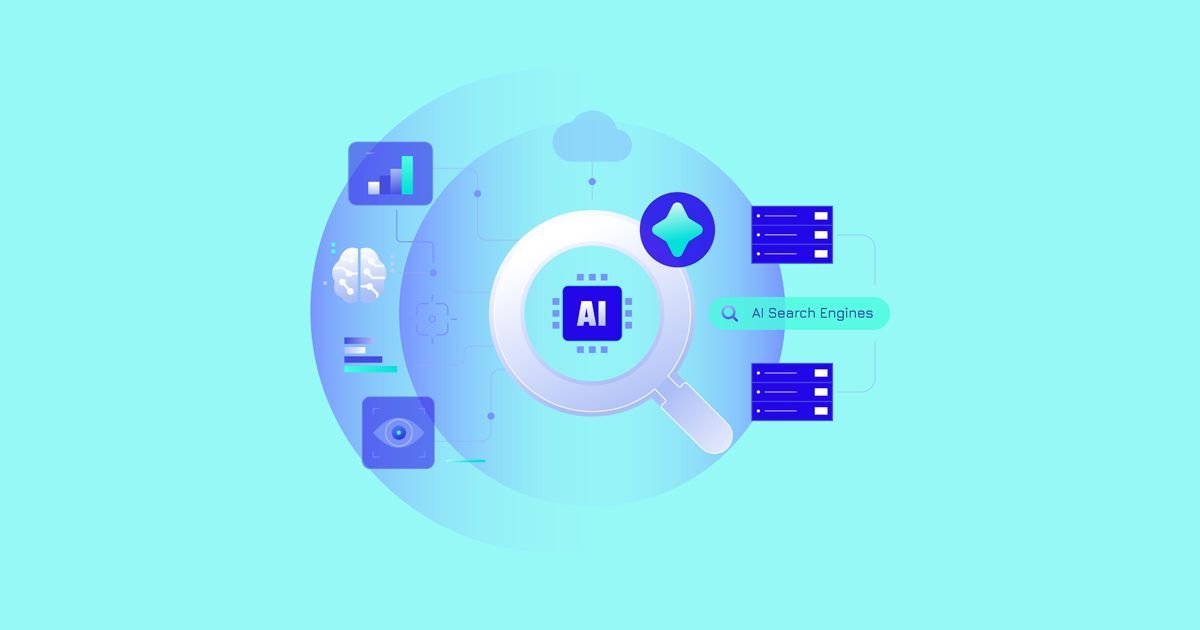How to Improve your site's ranking using SEO
Improving website ranking with SEO
Improving your website's ranking using Search Engine Optimization (SEO) involves a combination of on-page, off-page, and technical optimization tactics. This SEO strategy will help improve the visibility and ranking of a website on search engine results pages (SERPs).
- On-page SEO: On-page SEO refers to the optimization of elements on a website that can be controlled by the website owner or webmaster. This includes optimizing content, HTML tags (title tags, meta descriptions, header tags), images, internal links, URL structure, and user experience. The main goal of on-page SEO is to make a website more relevant, useful, and easy to use for both users and search engines.
- Off-page SEO: Off-page SEO refers to the optimization of factors outside of a website that can impact its ranking on search engine results pages. This includes link building, social media marketing, guest blogging, influencer marketing, and other tactics aimed at building the website's authority, credibility, and popularity. The main goal of off-page SEO is to increase the website's visibility, reputation, and trustworthiness in the eyes of search engines and users.
- Technical SEO: Technical SEO refers to the optimization of technical elements on a website that can impact its crawlability, indexing, and ranking on search engine results pages. This includes optimizing website speed, mobile-friendliness, website architecture, website security, structured data, and other technical factors that impact the website's performance and user experience. The main goal of technical SEO is to ensure that a website is technically sound, easy to crawl, and user-friendly for both search engines and users.
On-page SEO
There are several tactics that you can use for on-page SEO.
- Keyword research: Identifying the relevant keywords and keyword phrases to target is critical for optimizing your website's content. Use keyword research tools to find out which keywords are relevant to your business and have a high search volume.
- Title tags: Use descriptive and relevant title tags that include your target keywords. Keep your title tags under 60 characters to ensure they appear fully in search engine results pages (SERPs).
- Meta descriptions: Write meta descriptions that accurately describe the content of each page and include your target keywords and keyword phrases. Keep your meta descriptions under 160 characters.
- Header tags: Use header tags (H1, H2, H3, etc.) to structure your content and make it easy to read. Include your target keywords in your headers.
- Content optimization: Optimize your content by including your target keywords throughout the text, without cramming them which is otherwise known as keyword stuffing. Use variations of your target keywords and include them in subheadings, bullet points, and alt tags for images.
- Internal linking: Link to other relevant pages on your website using descriptive anchor text. This helps search engines understand the hierarchy and structure of your website.
- Image optimization: Optimize your images by using descriptive file names and alt tags that include your target keywords.
- Mobile optimization: These days most people use their phones for online searches, so make sure the mobile version of your website is user-friendly. Ensure your website is mobile-friendly and loads quickly on mobile devices.
By implementing these tactics, you can optimize your website for search engines and improve your chances of ranking higher in search results for your target keywords.
Off-page SEO
Off-page optimization for SEO involves improving a website's visibility and reputation through activities outside of the website itself. Some of the most common tactics used for off-page optimization include:
- Link building: This involves getting other websites to link back to your website. The quality and relevance of these links are important for SEO. High-quality external links from authoritative websites are more valuable than low-quality links from spammy or irrelevant websites.
- Social media marketing: Social media can be used to build your brand, connect with your audience, and share your content. Sharing your content on social media can also help to increase its visibility and attract links back to your website.
- Guest blogging: This involves writing blog posts for other websites in your niche or industry. This allows you to reach new audiences, build your brand, and get backlinks to your website.
- Influencer marketing: This involves partnering with influencers in your industry or niche to promote your brand and content. This can help to increase your reach, build your authority, and attract links back to your website.
- Online directories: Getting your website listed in online directories and business listings can help to improve your visibility and attract backlinks to your website.
- Community engagement: Engaging with online communities related to your industry or niche can help to build relationships, increase your visibility, and attract links back to your website.
By implementing these off-page optimization tactics, you can improve your website's visibility, reputation, and authority in the eyes of search engines, which can help to improve your search engine rankings and drive more traffic to your website.
Technical SEO
There are several tactics that can be used for technical SEO, which involves optimizing the technical aspects of a website to improve its crawlability, indexability, and user experience. Some of the most common technical SEO tactics include:
- Website speed optimization: A faster website provides a better user experience and can improve search engine rankings. This can be achieved through optimizing image sizes, minifying code, reducing server response and load time, and leveraging browser caching.
- Mobile optimization: With more and more people using mobile devices to browse the internet, having a mobile-friendly website is essential. This can be achieved through responsive design, mobile-specific content, and optimizing website speed for mobile users.
- SSL/HTTPS implementation: Using SSL/HTTPS encryption can help to secure your website and improve user trust. It can also improve search engine rankings as Google favors HTTPS websites.
- Website architecture optimization: A well-organized website structure helps search engines understand the content and hierarchy of your website. This can be achieved by using clear and descriptive URLs, creating a sitemap, and optimizing internal linking.
- Schema markup implementation: Schema markup is a structured data format that provides additional context to search engines about the content on your website. This can improve the visibility and click-through rates of your search engine listings.
- Canonicalization: Canonicalization involves setting the preferred URL for your website and redirecting any duplicate content to the preferred URL. This helps to avoid duplicate content issues and improve search rankings.
- Robot.txt and XML sitemap optimization: A well-optimized robots.txt file and XML sitemap can help search engines crawl and index your website more effectively.
By implementing these technical SEO tactics, you can improve the crawlability, indexability, and user experience of your website, which can lead to better search engine rankings and more traffic from potential customers to your website.




